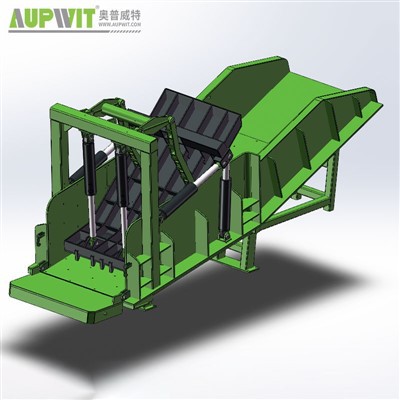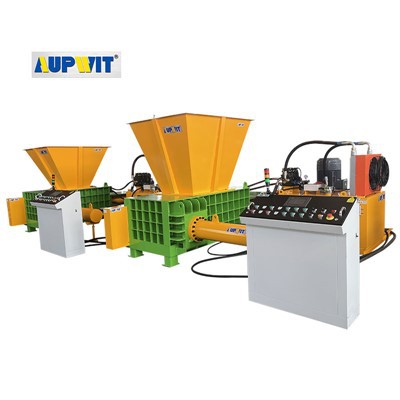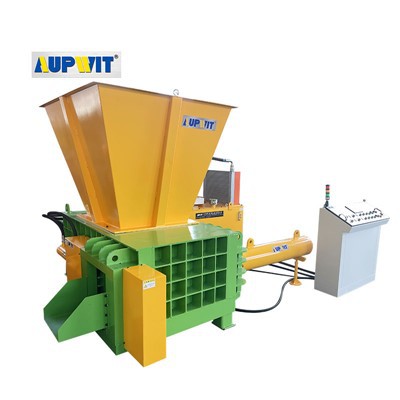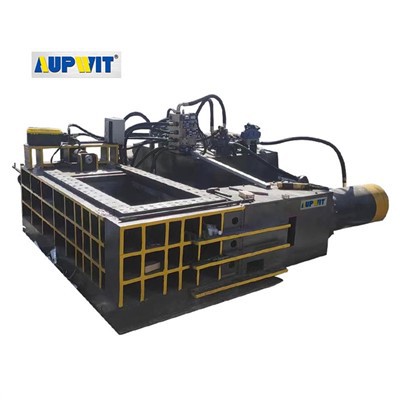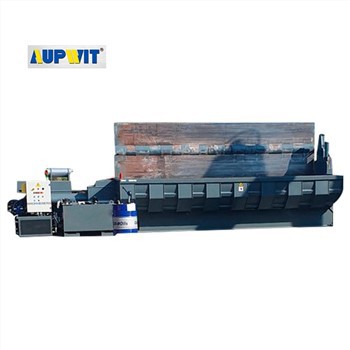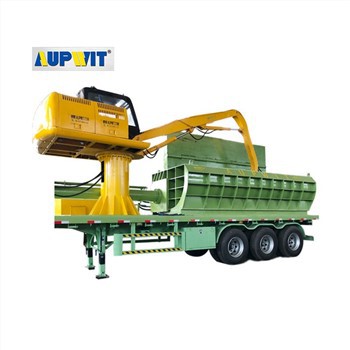Hydraulic System Maintenance Guide
1. Strengthen Seal Maintenance and Replacement
- Regularly inspect seals at all hydraulic system interfaces including seals, gaskets, and vulnerable parts
- Replace any signs of aging, cracking, or deformation immediately
- Select high-quality seals matching equipment model and compatible with hydraulic oil type
- Ensure clean interfaces during installation to prevent impurity adhesion
- Verify proper installation to prevent gaps from improper assembly
2. Standardize Pipe Connections and Fixings
- Inspect hydraulic pipeline connections for tightness regularly
- Tighten loose joints and clamps to prevent vibration-induced loosening
- Avoid excessive bending or squeezing of pipelines
- Ensure proper pipeline layout to minimize friction with other components
- Replace any pipelines with scratches, corrosion, or bulging surfaces
3. Control Hydraulic Oil Quality and Usage
- Use only specified hydraulic oil for the equipment
- Avoid mixing different brands or types of oil
- Regularly test oil for cleanliness and viscosity
- Filter or replace oil immediately if contamination is detected
- Maintain proper oil level in tank to prevent air intake or pressure issues
4. Optimize System Pressure and Operating Conditions
- Set system pressure appropriately based on operational requirements
- Avoid prolonged overpressure operation
- Increase pressure gradually during startup to avoid seal failure
- Regularly check relief valve and pressure valve operation
- Ensure accurate pressure control to prevent abnormal fluctuations
5. Strengthen Daily Inspections and Recordkeeping
- Establish regular inspection system for leak-prone areas
- Address any oil leakage signs immediately
- Maintain detailed records of inspections and leak treatments
- Analyze high-risk leak locations and causes
- Keep equipment clean to facilitate new leak detection


